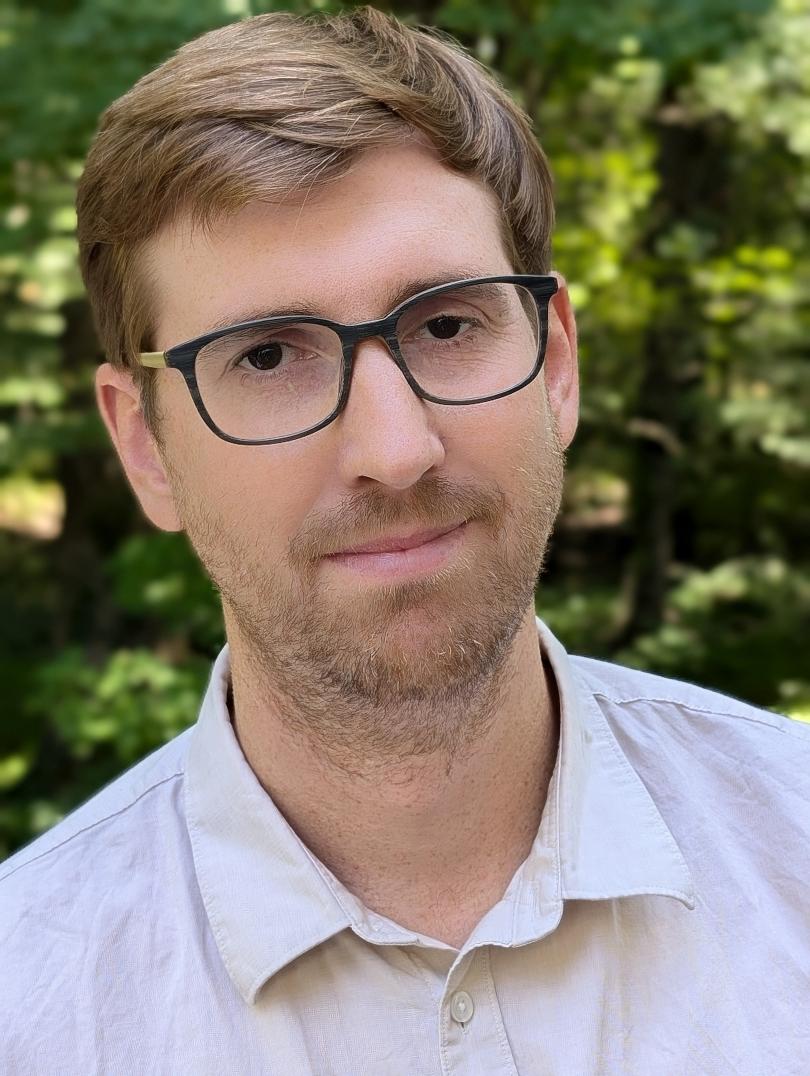By Richard LeComte

LEXINGTON, Ky. -- Joseph Clark, associate professor of history in the University of Kentucky’s College of Arts and Sciences, has started a fellowship with the National Humanities Center in Research Triangle Park in North Carolina.
Each fellow will work on an individual research project and can share ideas in seminars, lectures and conferences. As one of 31 fellows, Clark will work on the book project “Witchcraft and Contraband in the Early Modern Caribbean.”
“During my time at the NHC I’ll be drafting my chapters and taking my work to seminars and workshops,” Clark said, “At the same time, I’ll be processing the archival research I’ve already completed in Spain and Mexico and figuring out what additional research I will need to undertake to complete the book.”
Clark’s area of expertise lies in Caribbean history, particularly during the Spanish early-modern colonial era in the 17th century. For his current research, he’s delving into extensive archives of colonial witchcraft-trial transcripts from the Spanish Inquisition and trade records to trace the lives of women involved in trade.
"There’s a huge growth of witchcraft cases that are tried by inquisitorial courts in Cartagena, in modern day Colombia and in Mexico, that have to do with Caribbean women, many of African descent, but not all,” Clark said. “Why was witchcraft a focus at this particular moment in time?”
Clark is beginning to see a link between witchcraft and trade in the 17th century Caribbean; women of color and others who were engaged in trade may be seen as “outsiders” whose activities the Inquisition and the colonial government wished to quash.
The women who were accused of witchcraft had a lot of connections — a surprising lot of connections — to illegal commerce, contraband trade and smuggling,” he said.
“I don't think anybody's looked at witchcraft from that angle before. These are economically independent women in port cities. They typically run taverns or hostels, things like that. They're in a really good position to fence stolen or smuggled goods.
“And then the actual things that they're accused of involve magic. It's mostly love magic: binding spells to keep a lover’s fidelity. But all the supposed victims or targets of their love magic are people involved in commerce. They were sailors and merchants or port officials. So these women involved in illegal trade are seen as trying to control those who are involved in commerce and corrupting them.”
So extensive are the records from this period — Clark said that a lot of the paper was bound in archives and never looked at — that he’s able to trace individual figures on their paths through the Caribbean.
“I'm interested in their networks, how they interact with one another. Many of them are very mobile. So they live in multiple different ports around the Caribbean and they're moving between places with surprising frequency in a lot of cases.”
One such individual was Antonia Bello.
"There were documents about her in Spain, notarial records about her," he said. “She had applied for a license to come to the Americas. To do that, you had to tell your whole background. She created all these documents in Seville before coming to the Americas. Then there are documents attesting to her in Cuba, and then eventually she winds up in Veracruz, and that's where she's arrested and accused of witchcraft.”
Clark will be working in North Carolina for the fall semester. Through its residential fellowship program, the National Humanities Center helps scholars generate knowledge and further understanding of all forms of cultural expression, social interaction and human thought.
